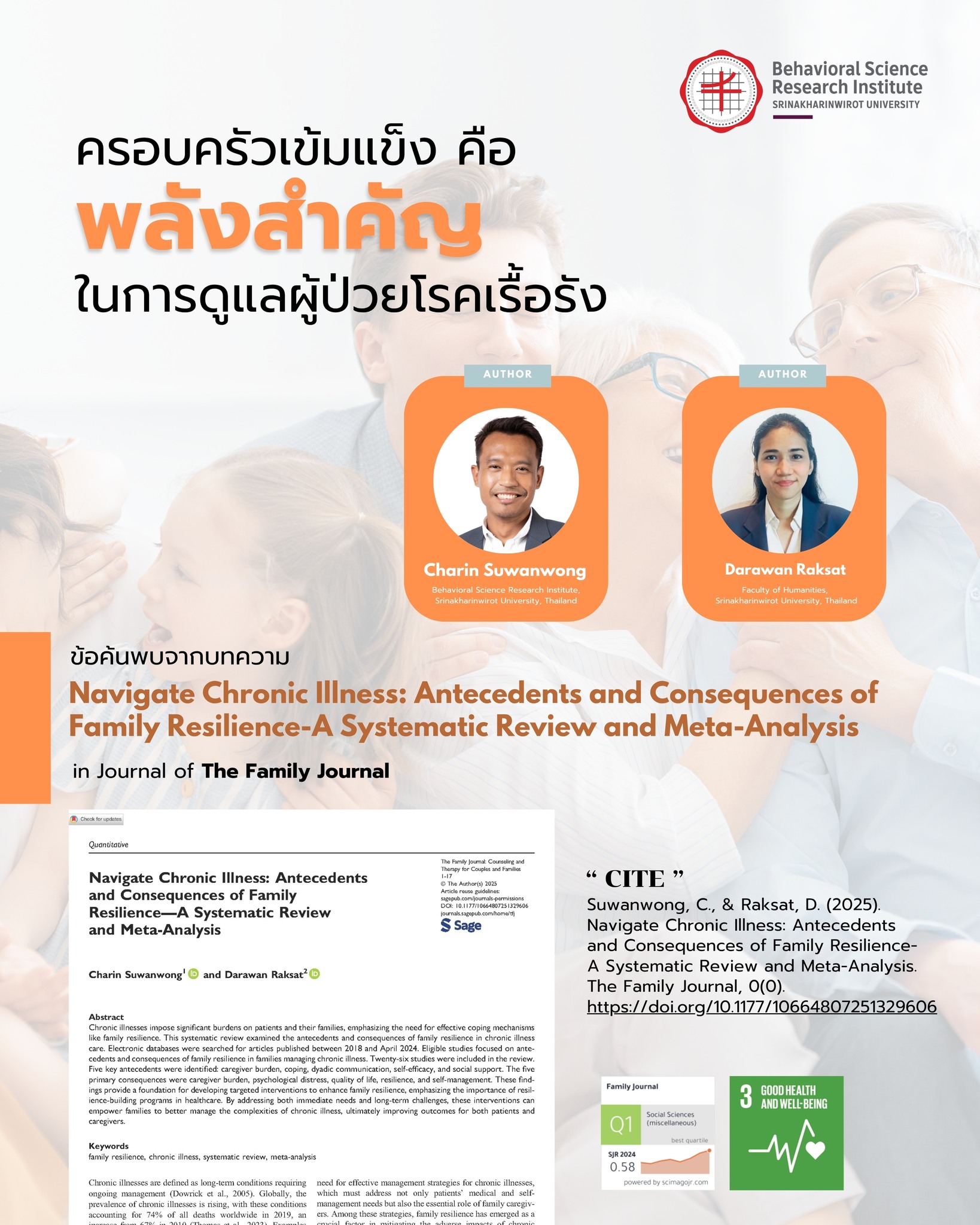by Admin
Share

Strong Families: A Vital Force in Caring for Chronic Illness Patients
📚 A Systematic Review analyzed 26 research studies from global databases.
📌 The findings highlight that “Family Resilience” is a key factor enabling families to effectively adapt and cope with the challenges of caring for chronically ill patients.
🔍 What is “Family Resilience”?
It refers to a family’s ability to adapt, cope with, and recover from crises or challenges—such as the chronic illness of a family member—while maintaining relationships, hope, and shared goals.
🧩 Core Components of Family Resilience:
-
Belief Systems:
• Hope
• Positive meaning-making of the crisis
• Spiritual or religious beliefs -
Organizational Patterns:
• Flexibility in managing roles
• Mutual support
• Connections with external support networks -
Communication & Problem-solving:
• Open and honest communication
• Creative problem-solving
• Empathy and mutual understanding
✅ Benefits of High Family Resilience:
• Reduces caregiver stress and burden
• Enhances open and positive communication
• Promotes collaborative decision-making in health care
• Increases adaptability for both patients and caregivers
🌱 Factors Supporting Family Resilience:
• Open and supportive communication within the family
• Social support networks and access to healthcare services
• Shared values, beliefs, hopes, and goals
• Problem-solving and recovery skills in times of crisis
💡 Policy and Practice Recommendations:
🔸 Develop programs to strengthen family systems
🔸 Support families through community and social health systems
🔸 Integrate Family Resilience into holistic long-term chronic care
📖 Cite and Read more: https://doi.org/10.1177/10664807251329606
by Admin
Share
Transforming Faculty Development: Key Outcomes and Strategies for Achieving UKPSF Accreditation Excellence
Congratulations to Intarawanich et al. (2025) for Research publication in SCOPUS
Congratulations to Choowan et al. (2025) for Research publication in SCOPUS-Q2





